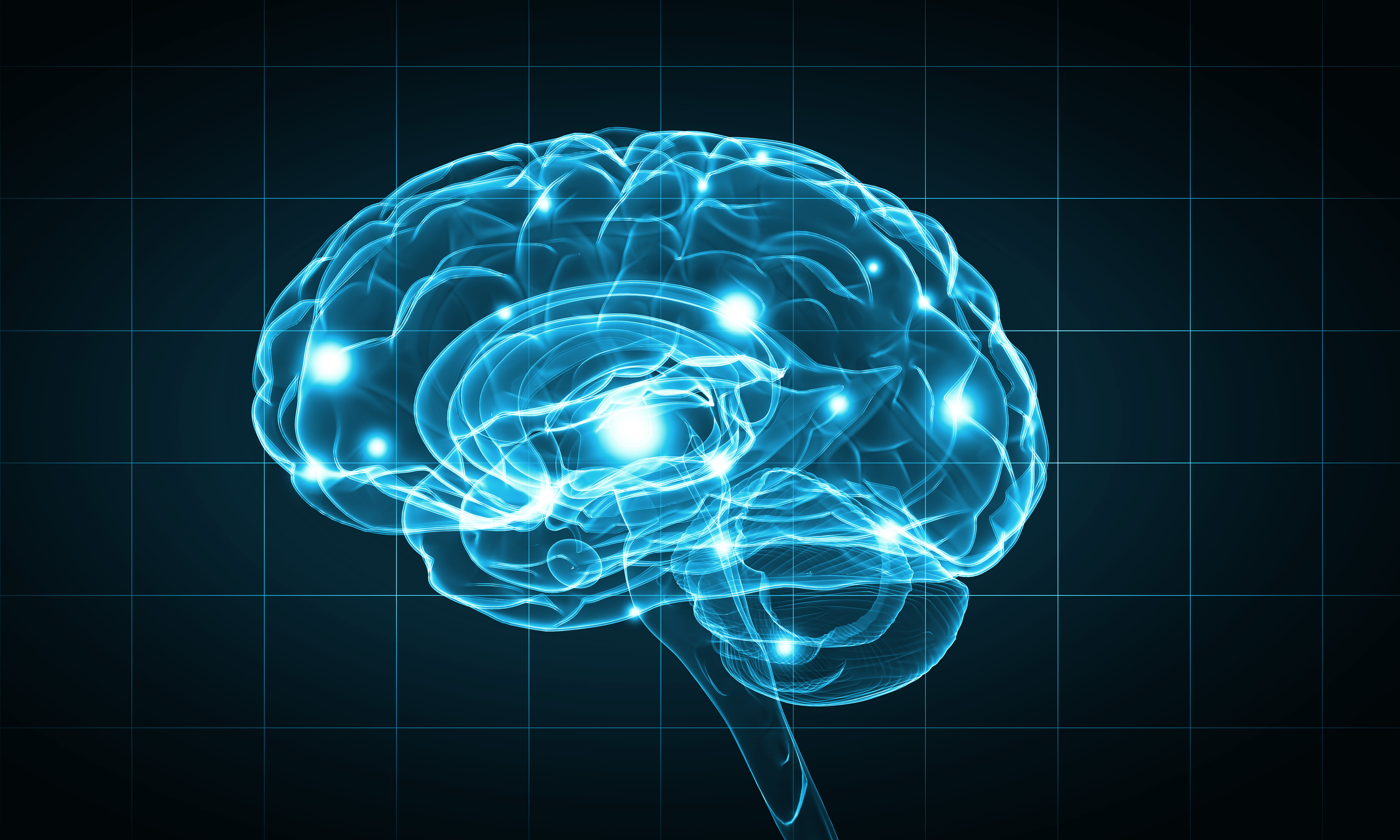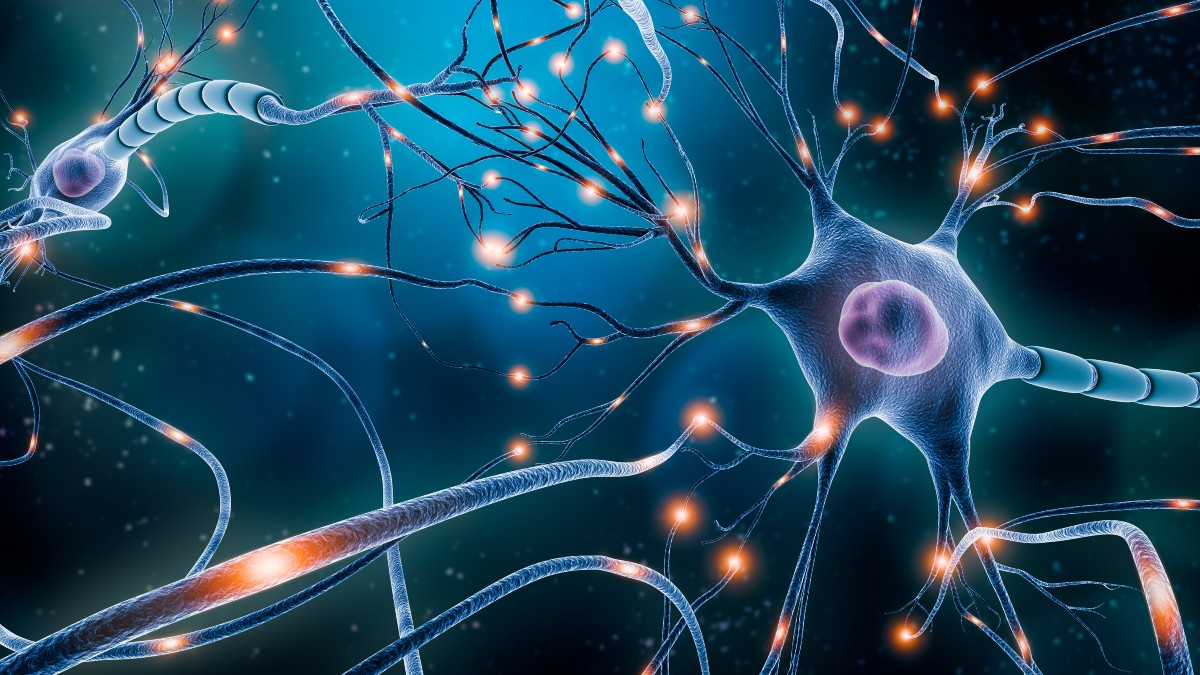Exploring the Human Brain: Pleasure, Sex, and Cognition
Hey there! Let’s dive into a topic that’s both intriguing and relevant—how our brains, thoughts, and nervous systems all come together to create sexual pleasure. Whether you’re a busy mom looking for ways to spice things up, or just curious about the science behind pleasure, this article will shed some light on it all.
The Brain's Role in Pleasure
First off, let’s talk about the brain. The human brain is amazing and complex, responsible for everything we feel, think, and do. When it comes to pleasure, several parts of the brain are involved:
-
The Limbic System: This is the emotional center of the brain. When you experience pleasure, parts of the limbic system, like the amygdala and hippocampus, light up. This is why sex can feel so emotionally intense and memorable.
-
The Hypothalamus: This little area is key for releasing hormones. It’s responsible for oxytocin and dopamine, which play huge roles in bonding and pleasure. Oxytocin, often called the “love hormone,” makes you feel close to your partner, while dopamine is the reward chemical that makes everything feel wonderful.
-
The Prefrontal Cortex: This part of the brain handles decision-making and self-control. During sex, its activity decreases, which helps you feel less inhibited and more present in the moment.
-
The Nucleus Accumbens: Known as the brain’s pleasure center, this area releases dopamine in response to sexual stimulation, creating those fantastic feelings of pleasure.
The Nervous System and Pleasure
The nervous system is like the body’s communication network, transmitting signals between different parts of the body and the brain. Here’s how it works during sexual activity:
-
Central Nervous System (CNS): The CNS, which includes the brain and spinal cord, processes sensory information and coordinates responses. When you’re aroused, sensory inputs from touch, sight, and sound are processed in the CNS, leading to pleasure.
-
Peripheral Nervous System (PNS): The PNS includes nerves that branch out from the spinal cord to the rest of the body. It has two main parts: the somatic nervous system (which controls voluntary movements) and the autonomic nervous system (which manages involuntary functions). The autonomic system has two branches—the sympathetic and parasympathetic systems. During sex, these systems work together to enhance pleasure and facilitate orgasm.
-
Neurotransmitters: These chemicals, like dopamine, serotonin, and oxytocin, play significant roles in sexual pleasure. Dopamine is linked to reward and pleasure, serotonin to mood regulation, and oxytocin to bonding and intimacy.

How Thoughts and Feelings Influence Pleasure
Our thoughts and feelings have a big impact on sexual pleasure. Here’s how:
-
Psychological Factors: Stress, anxiety, and past experiences can affect your sexual pleasure. Having a positive attitude towards sex, feeling confident, and being in a supportive environment are crucial for a healthy sexual experience. Think about a time when you were stressed—it probably wasn’t the best time for intimacy, right? Managing these factors can make a big difference.
-
Social Psychology: This field looks at how societal norms and relationships influence sexual behavior. Cultural attitudes toward sex, peer influences, and communication with partners all shape our sexual experiences. Open communication and mutual consent are key for enjoyable and safe sex.
-
Sex Education: Comprehensive sex education is essential for promoting sexual health and pleasure. Understanding the anatomy and physiology of sexual organs, the role of hormones, and safe sex practices empowers individuals to make informed decisions. This also helps debunk myths and reduce stigma around sex and adult toys.

The Role of Adult Toys in Enhancing Pleasure
Adult toys can play a significant role in enhancing sexual pleasure. Let’s break it down:
-
Sensory Stimulation: Adult toys provide direct stimulation to erogenous zones, sending sensory signals to the brain, which processes these signals and heightens arousal and pleasure. For example, vibrators stimulate nerve endings, increasing blood flow and sensitivity in the genital area.
-
Psychological Benefits: Using adult toys can help individuals explore their bodies, understand their sexual preferences, and enhance intimacy with partners. The novelty and variety offered by these toys can add excitement and reduce sexual monotony. It’s like adding a new spice to your favorite dish—keeps things interesting!
-
Educational Tools: Incorporating adult toys into sex education can promote a healthy understanding of sexual pleasure. Educators can use these tools to teach about anatomy, arousal, and safe sex practices, empowering individuals to make informed choices about their sexual health.
Practical Tips for Enhancing Sexual Pleasure
Understanding how the brain, nervous system, and cognition are connected can help improve sexual health and well-being. Here are some practical tips:
-
Talk About It: Open communication with your partner about your sexual needs and desires can enhance intimacy and satisfaction. It’s all about mutual understanding and respect.
-
Stay Healthy: A healthy lifestyle supports sexual pleasure. Eat well, exercise regularly, and avoid habits like smoking and excessive drinking.
-
Manage Stress: Stress can kill the mood. Practice stress-relief activities like yoga, meditation, or deep breathing exercises. Less stress means better overall health and a more enjoyable sex life.
-
Explore and Educate: Don’t be afraid to explore your body and learn about what feels good. Use adult toys if you’re curious, and educate yourself about safe sex practices.
-
Regular Check-Ups: Keep up with regular health check-ups, including gynecological exams and breast screenings. Early detection is key to preventing and managing health issues.
Wrapping It Up
So, there you have it. The interplay between your brain, nervous system, cognition, and sexual pleasure is fascinating and complex. By understanding how these elements interact, you can gain a deeper appreciation of sexual health and well-being. From enhancing sex education to exploring new ways to enjoy intimacy, embracing this holistic approach to sexuality can lead to more fulfilling and enjoyable experiences. Remember, a healthy sex life is an important part of overall health, so take the time to explore, communicate, and enjoy!



